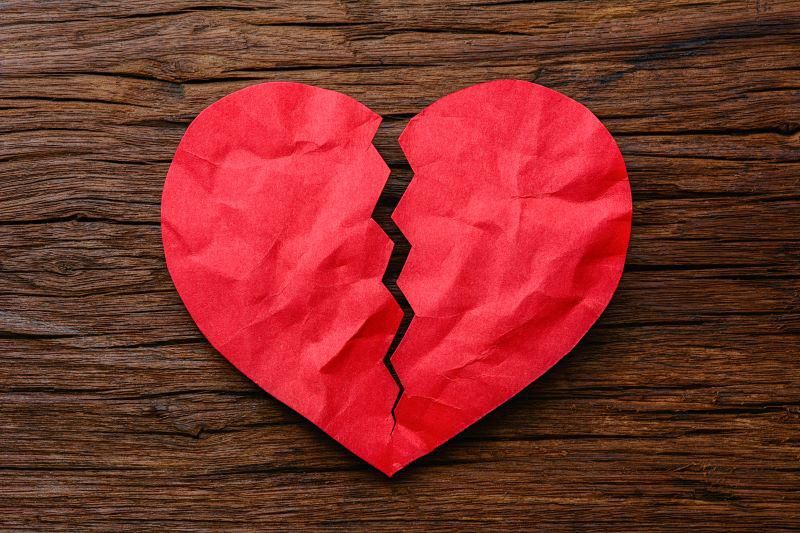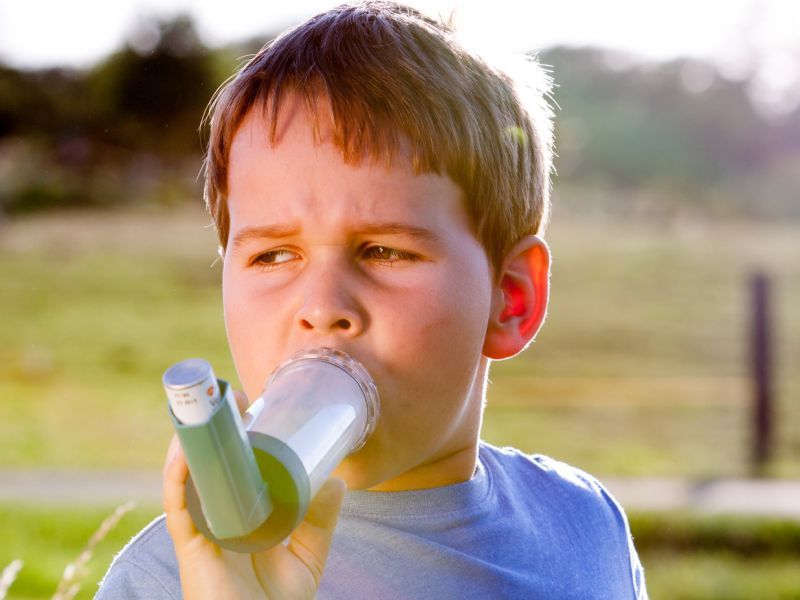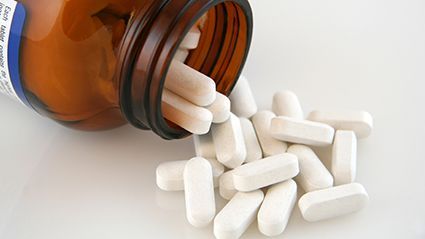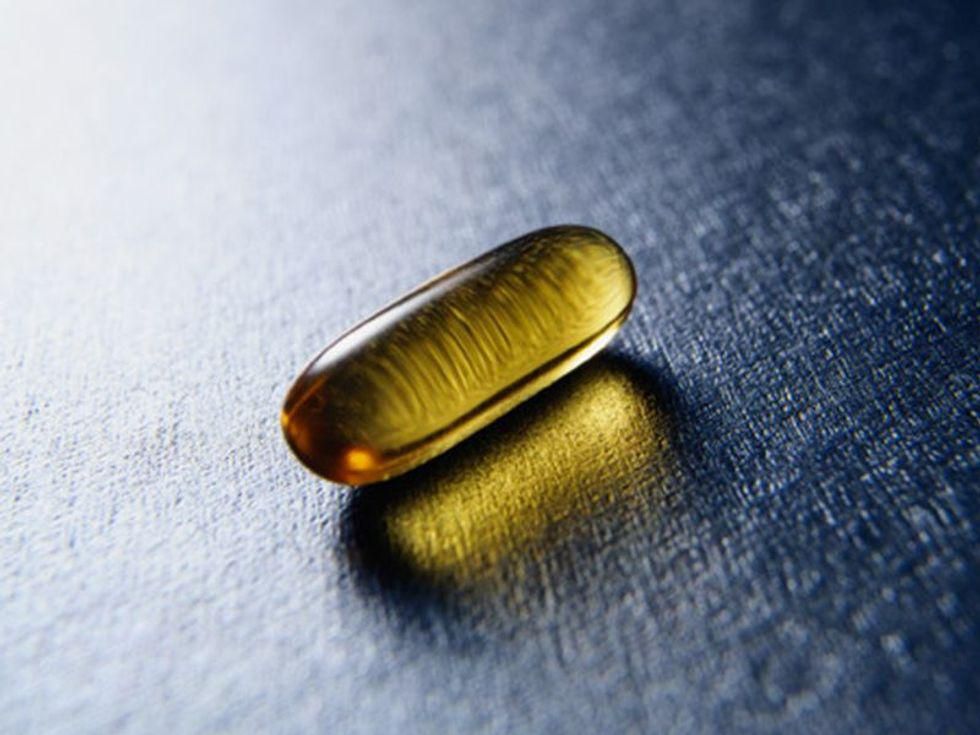
Professional fighters take a lot of knocks to the head, but a new study suggests they may find themselves thinking more clearly again after they retire. Many studies have pointed to the perils of repeated blows to the head in sports like boxing and football. Repetitive head impacts, as researchers call them, can damage the… read on > read on >


















